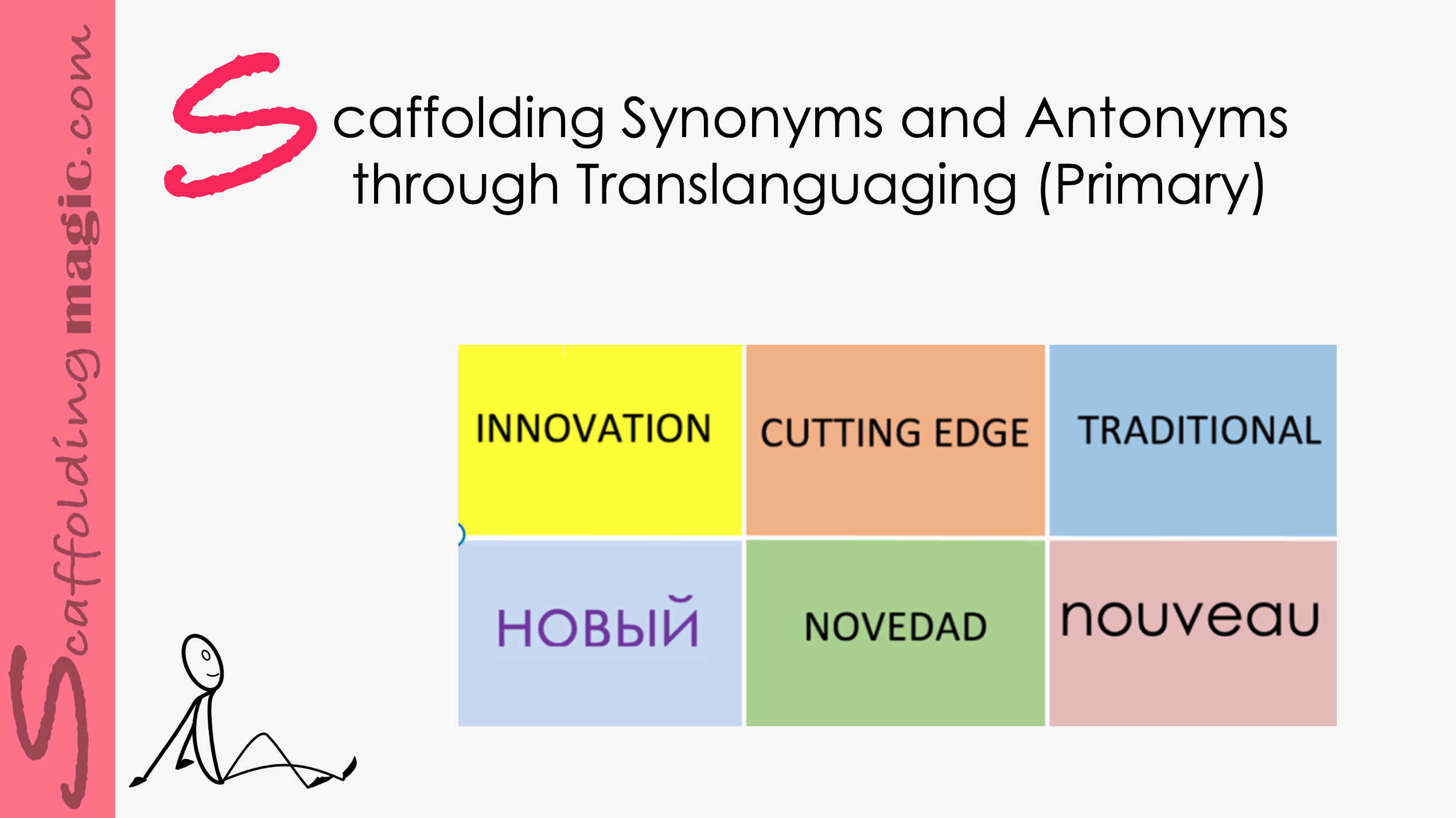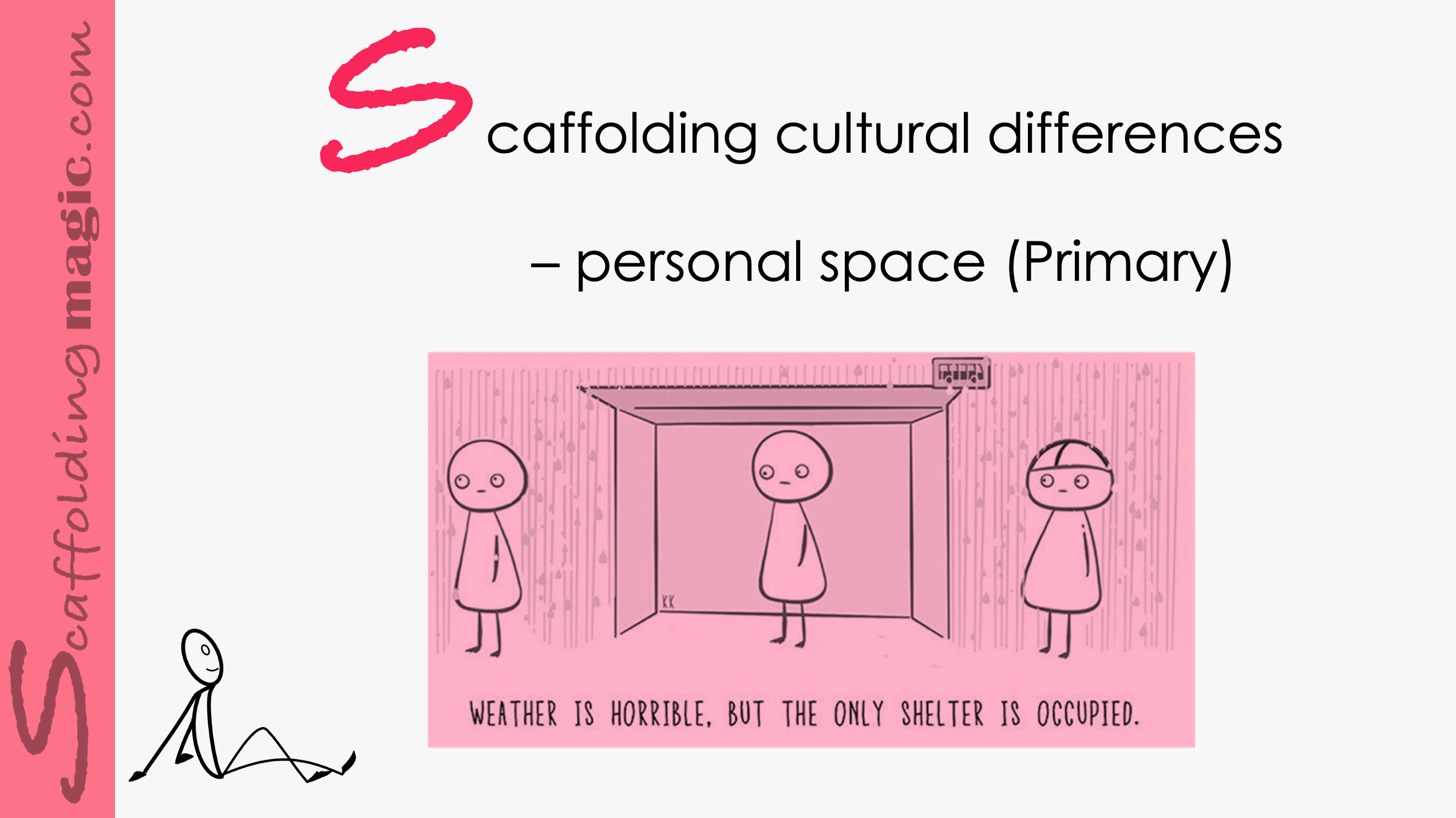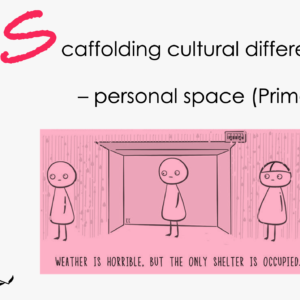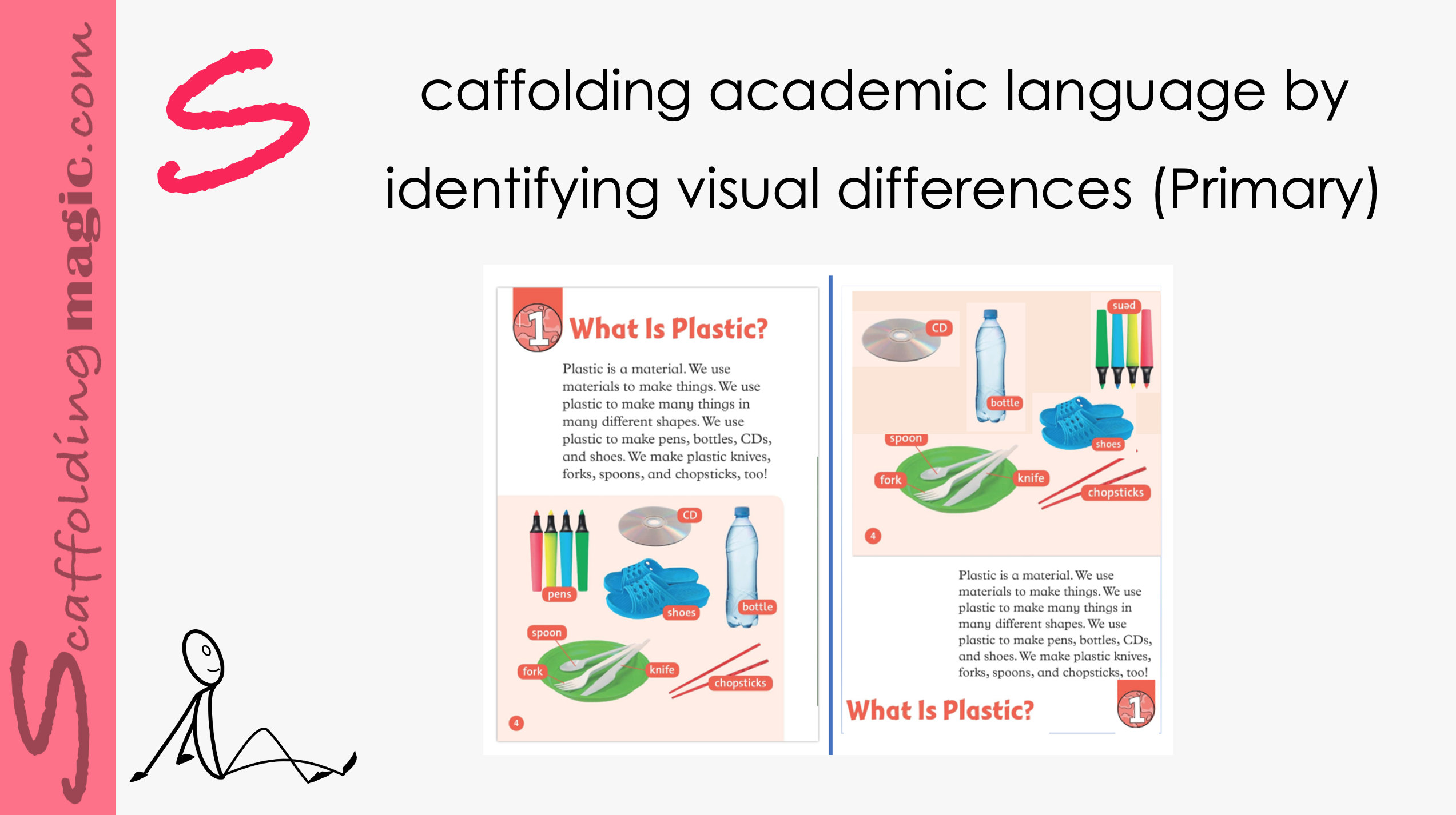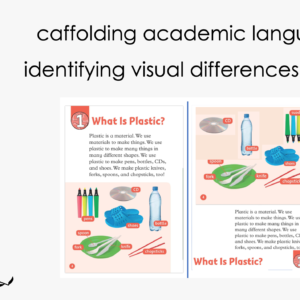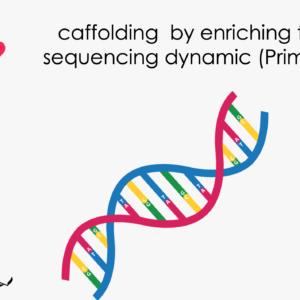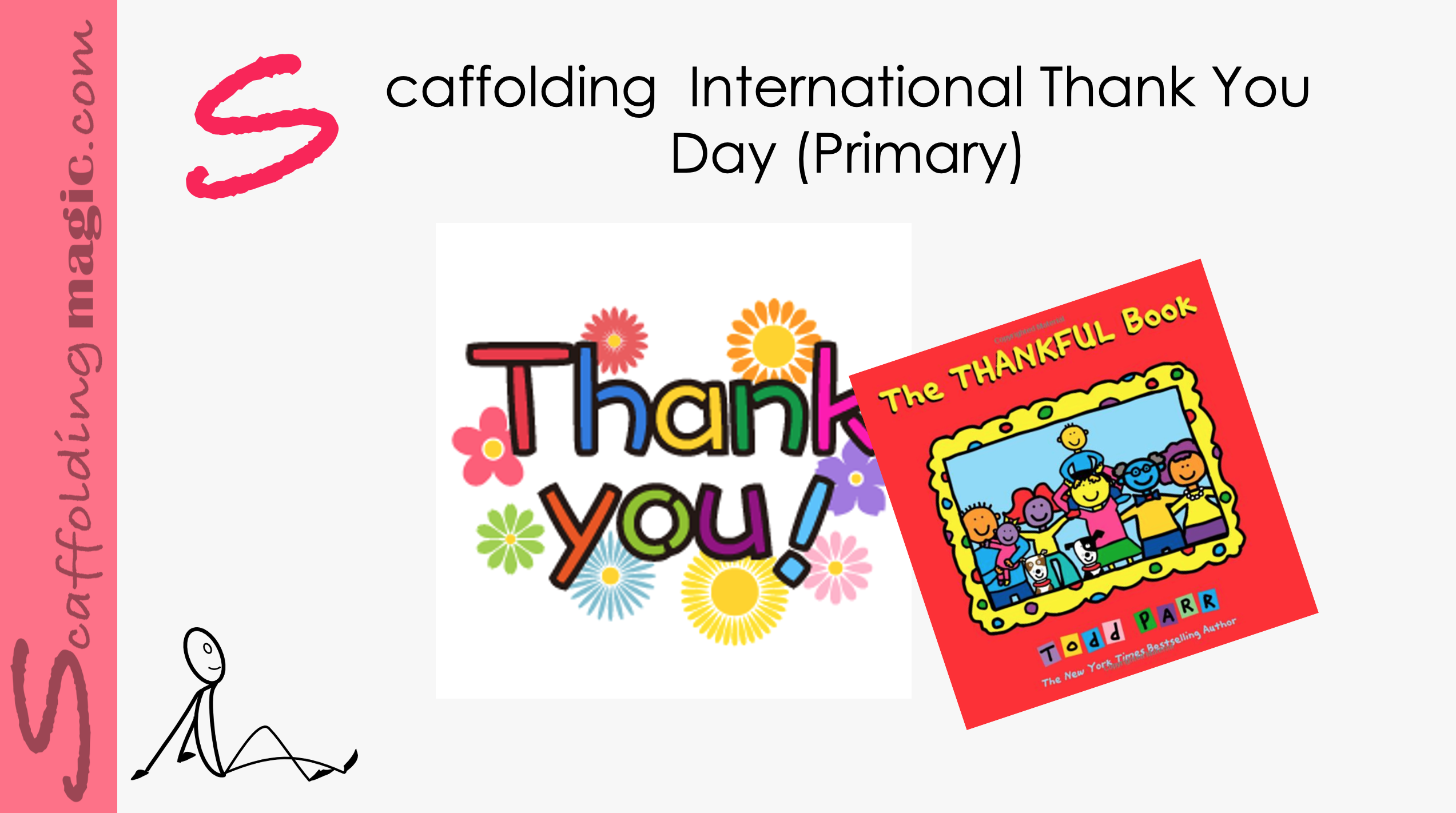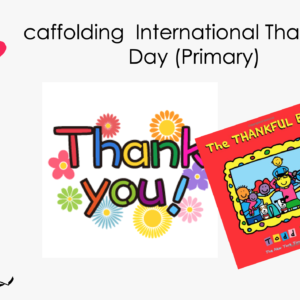An important factor in translanguaging is knowing the different registers – when to use different tones, words, phrases. It’s important to know which terms are appropriate for specific circumstances. Especially in those languages (such as English) in which there is no formal or informal pronouns, register and tone transmit crucial information. To give our students an even wider prospects in their scholastic and professional lives, being comfortable with – or at least recognising – register is of the highest importance.
Scaffolding Synonyms and Antonyms through Translanguaging (Primary)
$5.00
An important factor in translanguaging is knowing the different registers – when to use different tones, words, phrases. It’s important to know which terms are appropriate for specific circumstances. Especially in those languages (such as English) in which there is no formal or informal pronouns, register and tone transmit crucial information. To give our students an even wider prospects in their scholastic and professional lives, being comfortable with – or at least recognising – register is of the highest importance.
Related products
-
Primary ScaffoldsQuick View
Scaffolding Cultural Differences – Personal Space (Primary)
$5.00 Add to cartRated 0 out of 5 -
Primary ScaffoldsQuick View
Scaffolding Academic Language by Identifying Visual Differences (Primary)
$5.00 Add to cartRated 0 out of 5 -
Primary ScaffoldsQuick View
Scaffolding by Enriching the Sequencing Dynamic (Primary)
$5.00 Add to cartRated 0 out of 5 -
Primary ScaffoldsQuick View
Scaffolding International Thank You Day (Primary)
$5.00 Add to cartRated 0 out of 5
Scaffolding Cultural Differences – Personal Space (Primary)
Cultural differences extend far beyond language, greetings, gestures, dress and beliefs. The very space we create when we meet people – or the absence of that space – is indicative of where we come from and what our understanding is of the (dis)comfort level of those we are with.
This scaffold helps us see how we can honour physical space, amongst many other differences between cultures. It includes the affective side of learning – in developing more understanding and compassionate citizens of the world as our students travel across the planet physically and/or virtually.
Scaffolding Academic Language by Identifying Visual Differences (Primary)
Studies show that while memorising academic language is effective in the short term – to pass exams, for instance, in the long-term it is an ineffective way of learning terms that students can use in context*. Without having analysed, compared, categorised, and defended their own ideas through the use of these terms, most students will forget their meanings as quickly as they learned them.
What can we do? The solution is easy. We create opportunities for our students to analyse, compare, categorise, and defend their own ideas through the use of these terms.
Scaffolding by Enriching the Sequencing Dynamic (Primary)
Sequencing is a concept that needs to be repeated throughout the education process. We need to intentionally give our students the opportunities to be able to recognise and express sequences, and we need to provide the phrases they can use to clarify the ordering of events. It might be motivating to know that studies show that students are able to recall information more accurately if they´ve been schooled in sequencing.
The art of ordering is a skill that requires critical thinking as it obligates the students to see both sides of an issue, be open to new evidence, and deduce and infer conclusions from available facts.* Inferential reasoning enables students to construct new knowledge by considering, connecting past knowledge to new. If we want to delve into the biology of the skill, you might be interested to know that the dynamic activates the hippocampus, which is the part of the brain responsible for retaining short-term, long-term and spatial memory. So, the more we give students the opportunity to develop this part of the brain, the more we are aiding them in strengthening neuron connections.
Sequencing is a concept that needs to be repeated throughout the education process. We need to intentionally give our students the opportunities to be able to recognise and express sequences, and we need to provide the phrases they can use to clarify the ordering of events. It might be motivating to know that studies show that students are able to recall information more accurately if they´ve been schooled in sequencing.
The art of ordering is a skill that requires critical thinking as it obligates the students to see both sides of an issue, be open to new evidence, and deduce and infer conclusions from available facts.* Inferential reasoning enables students to construct new knowledge by considering, connecting past knowledge to new. If we want to delve into the biology of the skill, you might be interested to know that the dynamic activates the hippocampus, which is the part of the brain responsible for retaining short-term, long-term and spatial memory. So, the more we give students the opportunity to develop this part of the brain, the more we are aiding them in strengthening neuron connections.
Scaffolding International Thank You Day (Primary)
The International Thank You Day – celebrated by many on January 11th, others on June 11th – is a wonderful opportunity to help our students to focus on gratitude and add to positive forces in the world. Including gratitude in the educational environments is proven to improve relationships both in and outside of the classroom. Stressing affective factors in our lessons aligns us Vygotsky’s assertion (1978) that our students are more likely to step outside their comfort zone (ZPD) when they feel that they are supported and nurtured.
The International Thank You Day – celebrated by many on January 11th, others on June 11th – is a wonderful opportunity to help our students to focus on gratitude and add to positive forces in the world. Including gratitude in the educational environments is proven to improve relationships both in and outside of the classroom. Stressing affective factors in our lessons aligns us Vygotsky’s assertion (1978) that our students are more likely to step outside their comfort zone (ZPD) when they feel that they are supported and nurtured.

